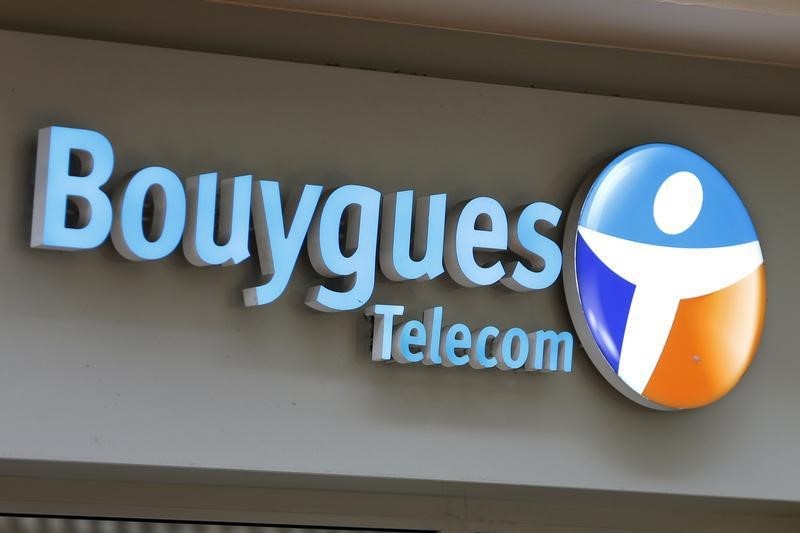PARIS (Reuters) - France's highest administrative court has ruled in favour of Bouygues Telecom in its appeal against annual fees telecoms operators pay the state for mobile airwaves previously used for voice calls to be reassigned for Internet browsing.
In March 2013 French regulator ARCEP authorised Bouygues to recycle its second-generation (2G) mobile spectrum for 4G use on condition that it paid more than when it was used for voice calls.
The regulator had also set out a formula to calculate how much money Bouygues and other operators would pay to re-use spectrum, lifting the annual fee to 3,231 euros per kilohertz of spectrum from 571 euros.
Bouygues appealed against the way the fee was calculated and on Monday the Conseil d'Etat ruled in its favour. Though the court annulled the 2013 decree, it said that fees could still be charged "on condition that they are not set at a clearly disproportionate level".
As a result, the telecoms regulator is likely to revise the way the fee is calculated, which could lead to Bouygues paying less. Bouygues said in March 2013 that it would pay about 70 million euros a year for the switch.
France's other mobile operators, including market leader Orange and second-placed Numericable SFR, have not yet asked to switch spectrum from voice to mobile data.
For Bouygues, however, the 2013 regulatory decision allowed it to leapfrog competitors to build broader 4G coverage more quickly and at a lower cost. Bouygues had far more 1800 MHz spectrum than its rivals so could re-use some it for 4G while still having enough to use for voice calls.
Bouygues shares were down by 0.3 percent at 30.23 euros by 1543 GMT, against a 0.1 percent rise for France's blue-chip CAC 40 index.

(Reporting by Leila Abboud; Editing by David Goodman)